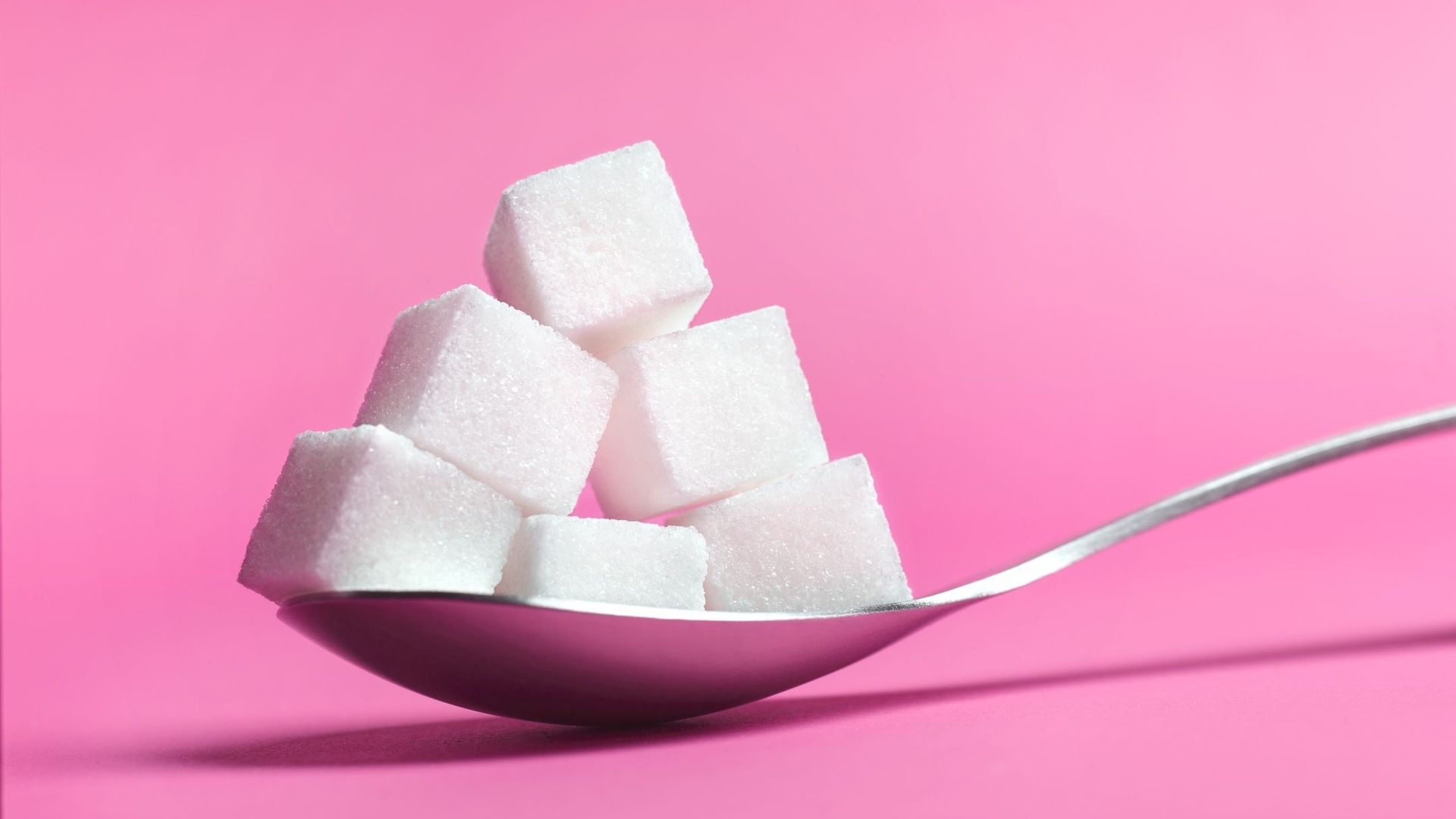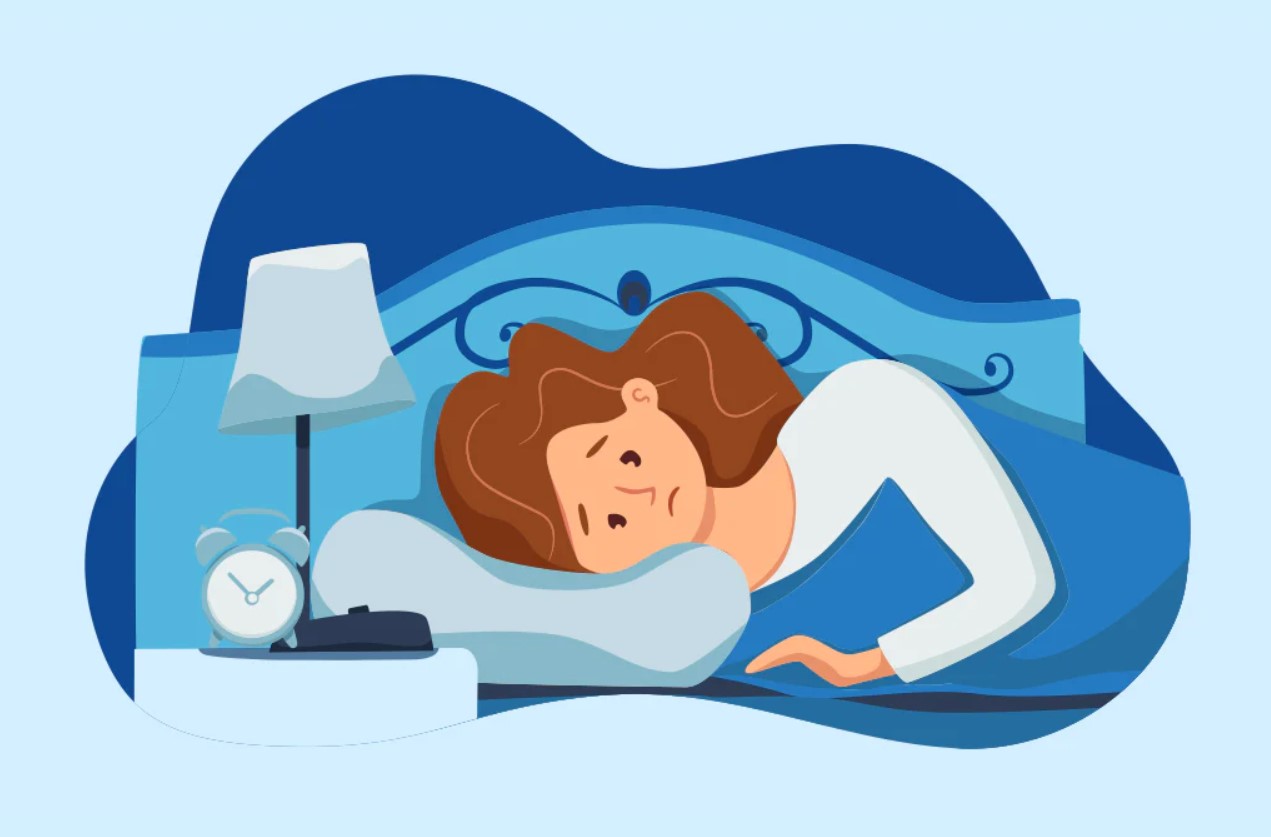How to Sleep Properly to Maintain Health and Beauty
Healthy sleep helps us get rid of fatigue and stress, making us look better and more attractive. But the proper sleep routine and habits can even slow down the aging process and save you from bacterial acne, small wrinkles, body pain, and weight gain.
When it comes to an effective “beauty sleep” regimen, there are a lot of tips. However, only a few have been scientifically proven.
Sleep at Least 7 Hours a Day
In the course of numerous studies, the National Sleep Association of Great Britain has established that the sleep duration for adults should be from 7 to 9 hours, and for people over 65 – from 7 to 8 hours. The optimal amount of sleep will help your brain and body get a good rest.
It is also essential to understand that our body is not a bank, it does not work according to the accumulative system, where you can sleep for 3 hours 5 days a week and then compensate for the lack of sleep on weekends. Unfortunately, it doesn’t work that way. This erratic routine disrupts the circadian rhythms that control our bodies. Lack of sleep also decreases the production of leptin and ghrelin, hormones responsible for feeling full and hungry. The result is that a tired body needs more energy, and you eat more to feel better. In addition, hormonal imbalance can lead to inflammation.
Quantity and Quality
Our brain is the center of the nervous system. If it does not get a proper rest, everything suffers. Let alone appearance – you will walk like a zombie from Paul Anderson’s films, but you will not need makeup.
Rebecca C. Robbins, co-author of “Sleep for Success!”, writes that during a good night’s sleep, your body removes dead body cells through the blood and lymph and, with them, captures other toxins that can accumulate in the skin. If your sleep cycle isn’t perfect, it can lead to skin imbalances, dehydration, redness, wrinkles, and even acne. But it’s not just about how much sleep you get each night. It also applies to quality. Scientists say you’re more likely to get quality sleep for 6.5 hours. After all, again – it’s all about biorhythms.
During sleep, a person alternates between REM and deep sleep. So to get enough sleep and feel alert even with minimal rest, you need to wake up in REM sleep phase. But how do you know when it’s coming?
Scientists have calculated that an average of 7.5-8.5 hours of sleep includes 5-6 cycles. Therefore, you can easily calculate the ideal time to wake up. This formula is universal for all adults and physically and mentally healthy people. On average, a healthy person takes 15 minutes to fall asleep. Therefore, if you need to wake up at 6 in the morning, then you should go to bed at 20:45 or 22:15. Just subtract from the time your alarm is set for 7.45-8.45 hours.
Watch Biorhythms and Consider Your Age
Yes, age plays a significant role in our circadian rhythms. It turns out that older people can sleep less than children and adults. Paul Kelly, an Oxford scientist who urged governments worldwide to shift the time of the first lesson to 10-11 in the morning, described this in his book “Body Clock”. Moreover, he talked about the optimal time for falling asleep at a certain age. So, to stay healthy and beautiful, people always need to wake up at the same time. For example, 20-year-olds should get out of bed no earlier than 9:30, 30-year-olds – at 8 in the morning, at 40 they will have to get up even earlier – at 7:30, and at 50 – at 7 o’clock. People after 60 generally should wake up almost with roosters – at 6:30.
Ventilate the Room and Sleep in Socks
Don’t be alarmed, this is also related to beauty because healthy sleep means a rested and fresh look. In general, Matthew Walker, professor of psychology and neuroscience at the University of California, on the Joe Rogan radio show, explained why sleeping in a cool room but wearing socks is vital. It turns out that our brain can be deceived and fall asleep faster to get those same 7 hours of quality sleep. How does it work? According to Walker, this “cold” approach to sleep was discovered during observing African tribes. The inhabitants of these tribes never went to bed at midnight, and there is a reason for that. Midnight means half the night, which means you should have half your daily sleep by that time! So people of African tribes get up at dawn but go to bed 2 hours after dusk. And the reason is simple – the air temperature at this time drops. Because of this, the body goes into energy conservation mode and quickly falls asleep. But two more tricks can speed up the process of falling asleep. The first is with socks. If you go to bed in warm socks, the blood rushes to the limbs, and the brain cools down and signals the body to sleep. The second trick is to take a warm bath or shower. Have you noticed that after bath procedures you feel sleepy? Walker explained that it’s all physics:
- from warm water and steam, the body heats up;
- the vessels expand;
- the body will lose heat dramatically when you get out of the shower.
So the body cools itself so that you will sleep like a baby.
Sleep on Silk Pillowcases and Use a Silk Mask
This advice directly concerns only the side of beauty. It is essential to avoid light during sleep to get quality rest. The eye mask eliminates vulnerability to light, preventing it from interfering with your slumber. For best results, use a silk eye mask. Since the skin is sensitive to the appearance of mechanical wrinkles from skin creases during sleep, it is useful to sleep not only in a silk mask but also on a silk pillowcase. This fabric has a slippery surface, so it does not irritate or harm the skin or hair. Moreover, it is hypoallergenic and has antibacterial properties, which is very important for those who often develop bacterial pimples. Ordinary silk fabric can significantly reduce facial redness and puffiness and prevent wrinkles.
For premium readers







